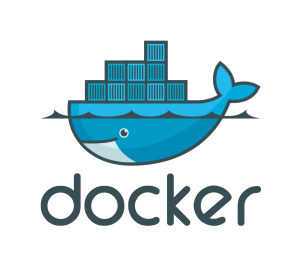 Introduction :
Introduction :
Docker has revolutionized the way applications are deployed and managed in the modern era of software development. With its containerization technology, Docker provides a lightweight, portable, and scalable solution that simplifies application deployment, accelerates development workflows, and enhances system efficiency. In this article, we will explore the core concepts and benefits of Docker, understand how it works, and discover how it has transformed the world of software development.
Understanding Docker and Containerization :
Docker is an open-source platform that enables developers to package their applications and their dependencies into standardized units called containers. Containers provide a consistent and isolated environment, ensuring that applications run smoothly across different computing environments, regardless of the underlying operating system or infrastructure. This approach, known as containerization, encapsulates applications, libraries, and dependencies into self-contained units, eliminating conflicts and compatibility issues that often arise in traditional deployment models.
Key Components and Terminology :
To fully grasp Docker’s functionality, it’s essential to understand its core components and terminology. At the heart of Docker is the Docker Engine, responsible for building, running, and managing containers. Docker Images serve as the blueprints for containers, providing a read-only template that contains the application code, runtime, system tools, and libraries. Docker Containers are the instantiated instances of Docker Images, allowing applications to run in isolation. Docker Registry is a repository for storing and distributing Docker Images, enabling collaboration and easy access to containerized applications.
Benefits of Docker :
Docker offers numerous benefits to developers, operations teams, and organizations as a whole. Firstly, it promotes consistency across environments, ensuring that applications behave the same way from development to production. Docker’s lightweight nature enables faster deployment, scaling, and versioning of applications, enhancing development agility. With its resource isolation capabilities, Docker improves system efficiency by enabling multiple containers to run on the same host without interference. Moreover, Docker facilitates easy collaboration and sharing of application stacks, allowing teams to work together seamlessly and accelerating the software development lifecycle.
How Docker Works :
Docker operates on a client-server architecture. The Docker client communicates with the Docker daemon, which manages container building, running, and distribution. Developers start by defining a Dockerfile, which specifies the instructions to build a Docker Image. The Dockerfile contains details such as the base image, environment variables, dependencies, and application setup steps. Once the Dockerfile is created, developers use the Docker CLI (Command-Line Interface) to build the Docker Image. The Docker Engine pulls the necessary components from the Docker Registry and creates a container based on the image. Containers can be customized with specific configurations and network connections, allowing for flexibility and scalability.
Conclusion :
Docker has transformed application deployment and management by introducing containerization technology. By encapsulating applications and their dependencies into containers, Docker provides a portable, consistent, and scalable solution that streamlines the software development process. With its benefits of enhanced productivity, improved system efficiency, and simplified collaboration, Docker has gained widespread adoption in the industry. As organizations continue to adopt microservices architectures and cloud-native approaches, Docker’s role in enabling agile and efficient application deployment is set to grow even further in the future.
